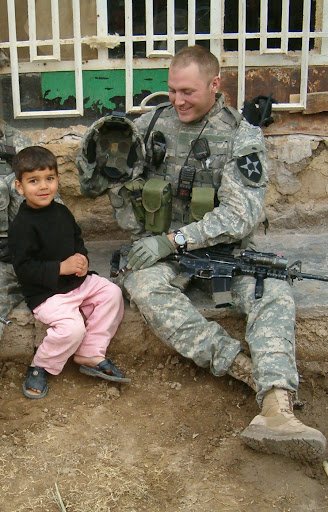About CTLR’s #HumansOfCleantech
Modeled after the New York Times' Humans of New York series, this is an idea by Peter Kelley and the RenewComm team for us to showcase our members!
Follow #humansofcleantech on LinkedIn for more in this series. #climatetech #energytransition #cleantechleadersroundtable
Meet Kevin Doffing
Kevin Doffing is Chief Commercial Officer of Clean Energy Services, which provides cranes, operation, and maintenance for renewable energy. He’s an organizer of Leadership-Houston, interim director of VetsEnergySeminar, and a member of CTLR.
It all started when…
I grew up as a much younger sibling, with brothers 6 and 8 years older. So I was always part of something very familial, but also isolated because of the age gap. That’s been part of my drive—I just wanted to build something that brought people together and helped others.
My dad was in the Army, then ran a small business that I would later run with him, selling personal protective equipment to oil & gas companies. I used to make $1 sweeping the floor for him when I was 6, although having kids myself now, I’m pretty sure he had to go back and clean up after I swept!
My mom was a schoolteacher. She never met a cause she didn’t want to sacrifice for. She dealt with the most difficult kids, a lot of whom had learning disabilities as well as criminal records. There'd be an arrest at least once a year in her classroom. They couldn’t have been more different from each other, except they had the same character of integrity and hard work, and they loved each other.
I went to Texas A&M, mostly because my older brothers had gone there. Going to a school that makes fun of itself for being stupid and then joining the infantry gave me a great mindset in humility.
I enlisted in 2005 after graduating, when the military was so desperate they let me be an officer. After leading a lot of combat patrols and securing the region I began running contracts. I brought this American attitude to contracting in the Middle East, where it's really about relationships more than anything. Even pre-Saddam, there was no taxation system in Iraq. It's a kickback system that's informally conducted among the neighborhoods and tribal areas.
I quickly learned that if I just gave contracts to the low bidder, I was isolating different groups and they weren’t getting access to resources. I was creating a scarcity mindset that was leading to conflict. So I had to map it out: these are the regions, the sub-tribes. It took me months to figure out who the key players were and how I had to spread money around.
Eventually my contracting method and resource allocation became a better deterrent to violence than any raid or operation we executed as an infantry platoon. That’s the moment I learned that commerce is more powerful than brute force.
My real value throughout my career is that I make hard things easy to understand. Again, being an Aggie and an infantry guy, I know I’m not that bright: If I can understand it, I can explain it. I break things down in a way that’s communicable, and a message with handles that makes it so someone can carry it to others.


